Date: 1 July 2010
Auto glass is mainly used in the new vehicle manufacture market and the maintenance market. Therefore, the demand of auto glass is closely related to the production, sales and retained volume of vehicles. In 2009, the sales volume of the global auto market reduced by about 4.2%. Influenced by the global auto demand decline, the growth rate of the global auto glass industry is slowed down.
Nevertheless, the steady growth of the vehicle retain volume provides a huge development space for the auto glass after-sales market. The global auto glass market is highly monopolized. Asahi Glass – the world largest glass manufacturer – occupies over 1/4 of the shares on the auto glass market. Moreover, giants in the glass industry (Saint-Gobain, Nippon Sheet Glass, etc) also occupy a large part in the global auto glass market.
According to China Research and Intelligence (www.shcri.com), In 2009, Chinese auto production totaled about 13.79 million, rising by 48.30% YOY; the sales volume came up to 13.64 million with the growth rate of 46.15% YOY. In 2009, China surpassed USA for the first time to become the global Top market of new vehicles. China is one of the few markets in the world that maintain growth in the financial crisis.
With the high-speed development of Chinese auto industry, the demand volume in Chinese auto glass industry increases with the average growth rate of 20% annually. In 2009, the scale of Chinese auto glass market exceeded 70 million m2.
Chinese auto glass market has its own characteristics, such as the high entry threshold of the OEM market and the long certification period (including third-party certification, certification of auto main engine plants, bid invitation, design and test of products, etc). It will usually take glass manufacturers about 3 years to acquire orders from whole vehicle manufacturers. Whole vehicle manufacturers have high requirements on the synchronous R&D, logistics and supply, quality and production techniques of glass. Moreover, the OEM market usually presents large and concentrated demand. Thus, whole vehicle manufacturers will choose large glass manufacturers with high brand popularity as their suppliers. The cooperative relationship will be maintained for a pretty long period after established. There are many new vehicles of domestic brands in China, but they are usually featured with small production, small batch and great variety. Auto glass is a special part for vehicles. It has a sales radius. Thus, favorable distribution of production bases can better reduce the cost and realize nearby complementing for whole vehicles.
Fuyao Group is China’s largest auto glass manufacturer who takes up 10% of the global auto glass market share. In the domestic OEM market, the market share of Fuyao Group approaches 60%.
By the end of 2009, Chinese vehicle retain volume was less than 50 per thousand people. In comparison, the average retain volume per thousand people was 140 in the world and 600-800 in developed countries. Thus, there is still great development potential for Chinese auto market.
From January to March of 2010, Chinese auto production reached about 4.55 million, growing by 76.99% YOY; the sales volume was approximately 4.61 million, rising by 71.78% YOY. It is forecast that the annual growth rate of Chinese auto glass market will maintain about 30% or even higher in the following years. Presently, many problems remain to be solved in Chinese auto glass industry: most auto glass enterprises are of small scale and poor product quality, except several large enterprises. Predictably, these small and medium enterprises will be eliminated gradually and their market shares will be taken by competitive enterprises.

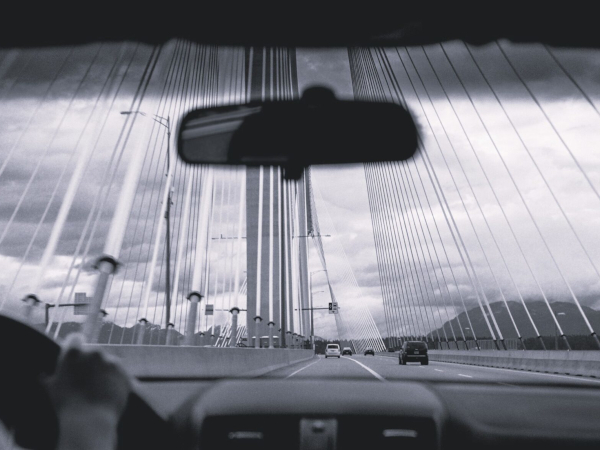
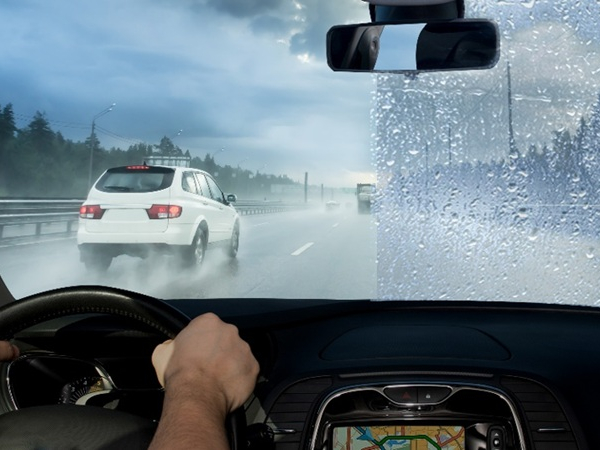
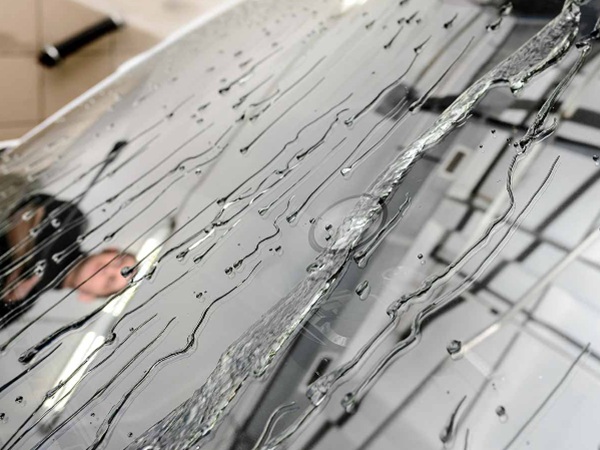
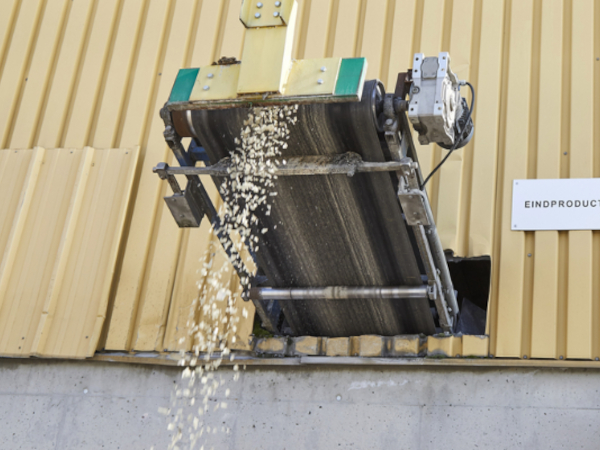









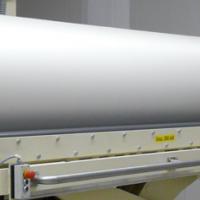

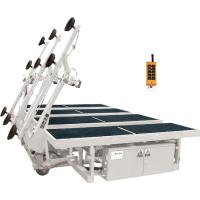
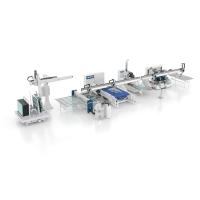
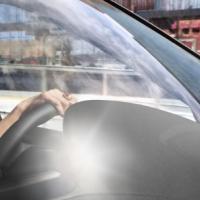
Add new comment